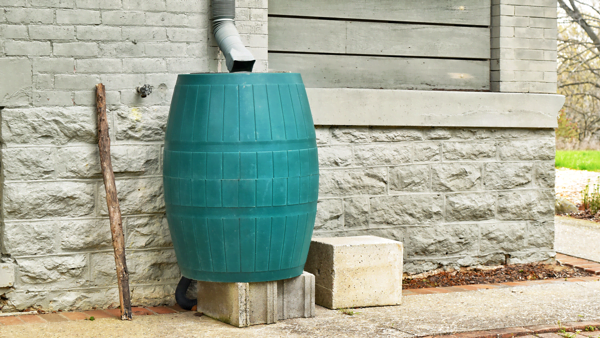We all live in a built environment of some sort, which has either a few or an abundance of deviations from the natural environment. This can provide conflicts, one of which is the use of water and, conversely, how natural precipitation affects lifestyles, infrastructure, and nature itself. By working with nature rather than being in opposition to natural processes, we are more likely to mitigate existing problems and avoid future calamities than propagate old ways and manners of water management.
Join us for this educational webinar as retired landscape architect Ken Nentwig discusses:
- Rainwater and stormwater in the landscape and how they can be harvested (collected) and used
- Protecting current infrastructure and how problems related to climate change and urbanization can be dealt with in positive and sustainable manners
- How, as an alternative source of water, aquifers can be protected and enhanced and overuse of centralized water supply systems can be reduced
All of this in the garden—that small Shangri-La we hold so dearly, care for lovingly, and often are disappointed to find is not what we expected.
Water in the landscape is one of the largest demanded uses for potable, treated water and could be addressed from non-potable sources called rainwater and stormwater. How to look at the landscape, and how to increase efficiencies in the garden and in the environment, will be explained and illustrated in less than an hour!
Learning Objectives:
- Understand rainwater and stormwater processes
- Explore management of water from precipitation
- List at least three manners of increasing efficiency of water outdoors and in the landscape
- Learn terminology, materials, and techniques of best practices
* Presentations are scheduled for approximately one hour with a 15-20 minute question and answer session to follow. Presentations may exceed scheduled time. * Each state and certification agency have different requirements; it is your responsibility to know what they are. Note that 1 PDH = 0.1 CEU. * Purchase of this course allows you access to the presentation(s) for 6 months from the order date.



